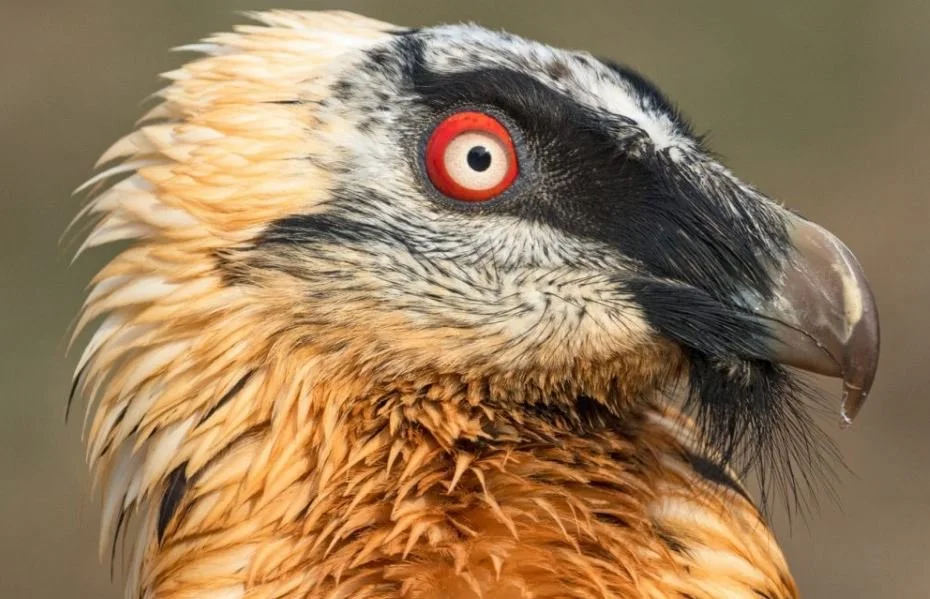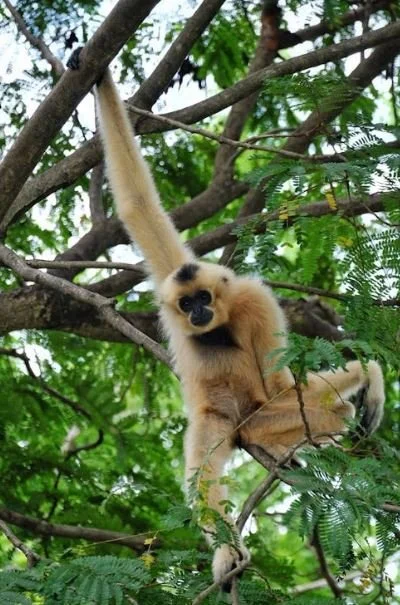Smart Critters Roamed Free When Humans Cowered Inside
The covid lockdown restricted the movement of humans – by a lot – but let loose animals expand their travel habits, also by a lot. A new study in the journal Science has the numbers.
In the early months of 2020, the world seemed to stop, at least for people. Other animals took the opportunity to roam far and wide, even into hitherto unwelcome human spaces. Researchers watched the movements of more than 2,000 animals, including 43 mammalian species tracked with GPS devices.
On average, the animals traveled 73% farther during the early covid lockdowns than they did during the same time period the previous year. They also crept 36% closer to roadways, which for the moment were mostly carfree.
“The COVID-19 lockdowns created a large unintentional experiment for the study of how human activities affect animal movements, including for species that are threatened, culturally important to people, or associated with human-wildlife conflict,” according to the study.
The animals included mountain lions in California, South African elephants, badgers in Slovenia, and more. (The accompanying photo shows brazen mountain goats roaming the streets of Llandudno, Wales in March 2020.)
The researchers say understanding how animals respond to traffic is useful for wildlife management. For example, national parks and other protected areas sometimes implement temporary road closures when animals are in the mood to roam, a practice that measurably improves habitat quality.
So covid was mostly a boon for wild animals all over the world. If they ever organize and figure out how to launch another pandemic, we’re toast.
Photo credit: Christopher Furlong / Getty Images







